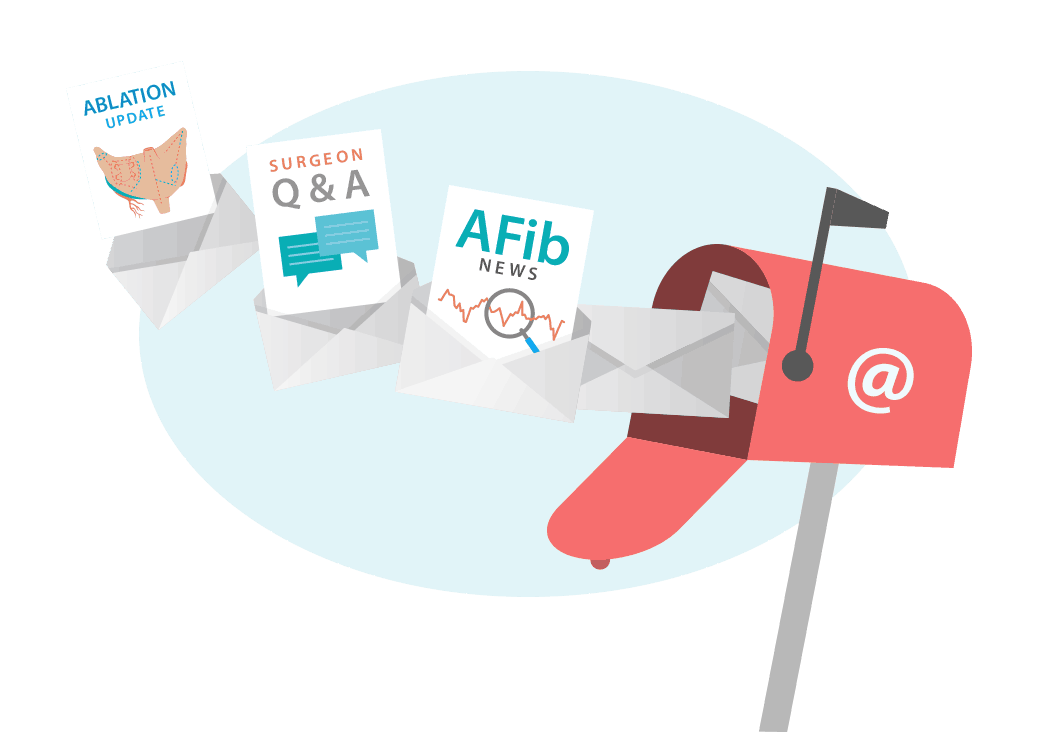Video Categories: Surgeon Interview, Maze Procedure
2,657 YouTube Views - Published June 10, 2019
Featured Speaker: Dr. Husam Balkhy
Video Overview
Learn how Dr. Husam Balkhy uses minimally-invasive surgical ablation for isolated atrial fibrillation cases and concomitant heart valve and coronary artery disease procedures.
Video Transcript
For the hearing impaired members of the AFibSurgeons.org community, we have provided a written transcript of Dr. Balkhy's video below:
Dr. Husam Balkhy: I started thinking about adding atrial fibrillation surgery to my regular open-heart procedures long ago before I even started doing minimally invasive surgery. We’re talking probably 2001, 2002. I realized that there were emerging tools that allow us to treat patients who are already on our operating room tables with atrial fibrillation and to do something good for them. That relationship has evolved and matured. Now we are really able to make an impact on patients with AFib who are coming to surgery anyway.
There are two types of AFib patients that come for valve or coronary surgery. One type is the kind that they know they have AFib and they’ve been told they have AFib and they’re on medications, and they’ve never been able to get rid of it. The other kind is the kind that has no idea. Those are the interesting ones that you have to introduce the concept. Once they understand what the risks of longstanding atrial fibrillation that’s untreated are, they are very interested in getting something done.
For me it’s a personal vendetta against what is truly an atrial myopathy, which basically means it’s a disease of the atria. Just like we talk about ventricular myopathies, meaning poor heart function and failure and things like that, this is not just an arrhythmia. This is a problem with the function, which will lead to detrimental effects over the long term.
I say it’s a quick extra 15, 20 minutes, whether it’s on pump or whether it’s off pump, when we’re doing coronary surgery, opening up of the left atrium or not opening up. We explain all the different variables, and patients really sign on. When we see them back, AFib is a hard problem to control right away and some of the results can be a little bit iffy early on. We follow our patients for a long time. When we do the long-term follow ups, we find that many of them are able to get off their drugs and get off the blood thinners and things like that. They really do appreciate it.
I have several patient stories of patients that I’ve operated on who had problems with atrial fibrillation and were very symptomatic. I have this really interesting electrical engineer who came to me for not concomitant but lone AFib surgery. He had never had a catheter ablation, which basically is usually the first step. I communicate with every year. He’s always offering to come with me to the meeting.
If I asked him to come today, he would have been right here and been a live testament to the fact that he can be on a treadmill and run and do all the exercising that he really wanted to do but was inhibited by his AFib.

